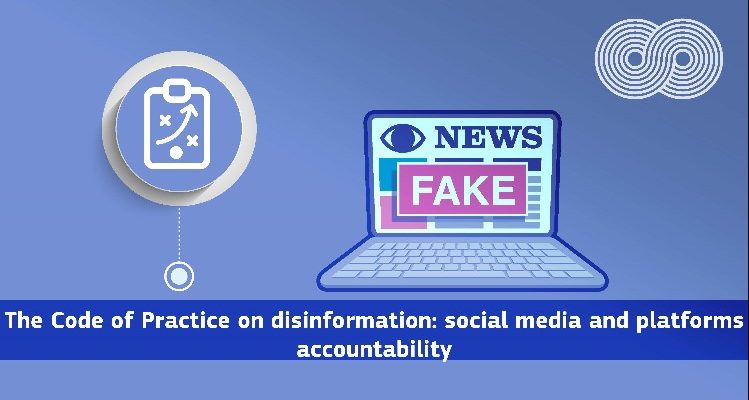An updated European Union (EU) Code of Practice issued recently is forcing Meta, Google, Twitter and Microsoft to take a tougher line against disinformation including deep fakes and fake accounts. The internet giants risk hefty fines under the updated rules.
The development in EU will further strengthen push by authorities in Nigeria to compel social media to delete ‘ contents perceived as corrosive, capable of undermining peace and injurious to national interests.’ Nigeria’s proposed Code of Practice is hinged on ensuring accountability on the part of platforms’ owners.
RELATED: NITDA issues Code of Practice for online platforms operating in Nigeria
The National Information Technology Development Agency (NITDA) has issued a Code of Practice for Interactive Computer Service Platforms/Internet Intermediaries (Online Platforms) operating in Nigeria as Abuja moves to tame online disinformation on platforms that include: Facebook (Meta), TikTok, LinkedIn, Twitter, and eCommerce sites.
The draft Code of Practice is proposing among others:
Online platforms must register with the CAC as locally incorporated companies
Online platforms must pay tax locally
Online platforms must delete offensive contents/provide information on ‘harmful accounts’
Online platforms must have an officer on ground accountable for all their activities locally
Reuters is reporting the European Commission as affirming that the Big Techs are leading over 30 signatories including advertising bodies to sign up for the updated Code of Practice on Disinformation.
The signatories agreed to tackle deep fakes, fake accounts and political advertising. Non-compliance could mean hefty fines of as much as 6% of a company’s global turnover, the EU warned.
The Jerusalem Post, quoting Reuters, stated that all the companies have six months to comply with pledges, with a progress report due at the beginning of 2023.
































